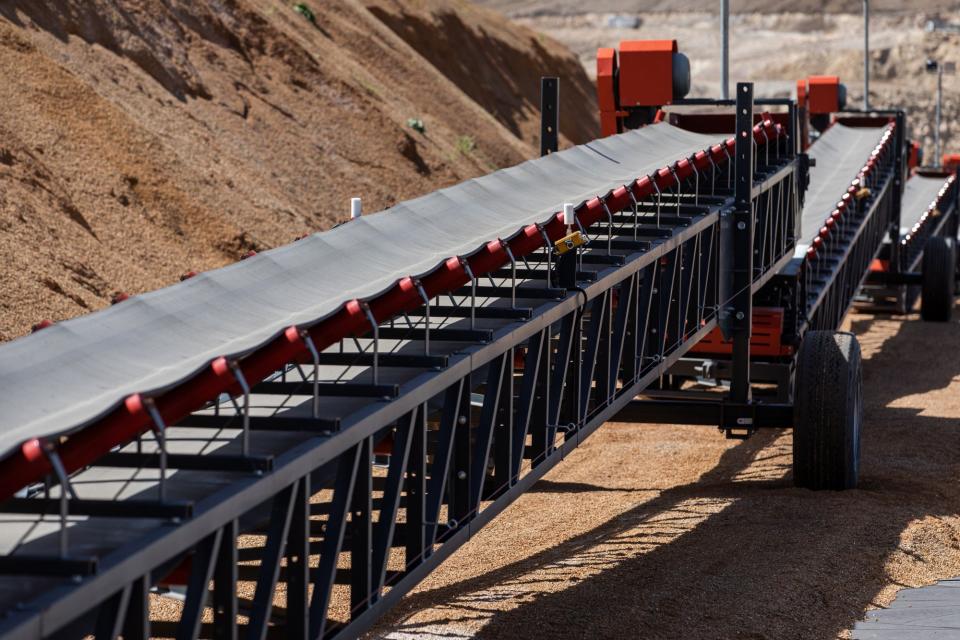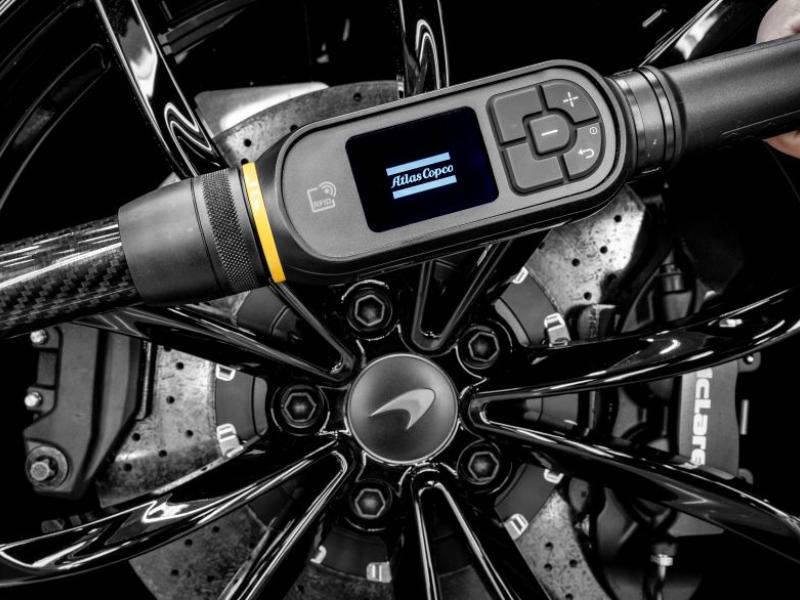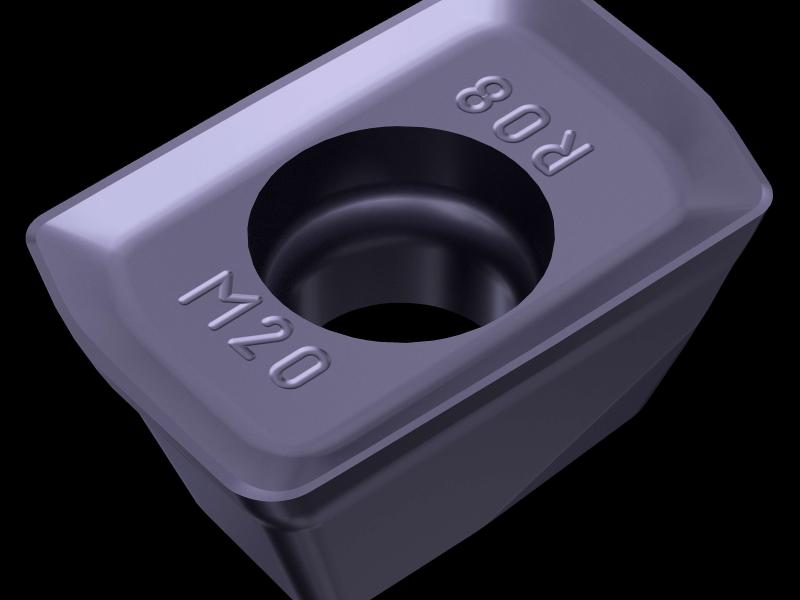Conveyor systems are the backbone of heavy industries, enabling the movement of vast quantities of materials and keeping operations running smoothly. Yet, beneath their reliability, lies a significant challenge: high total cost of ownership (TCO), driven by energy consumption, maintenance and unplanned downtime. With rising operational demands and growing pressure to meet sustainability goals, reducing these costs is more crucial than ever. Here, David Strain, technical director at systems integrator, Technidrive, shares three actionable strategies to help industries lower TCO of conveyor systems while boosting efficiency and reliability.
Prioritise energy efficient components
Energy consumption represents a major share of operational expenses in heavy industries. In fact, energy costs can account for up to 60 per cent of mining equipment total operating costs, according to the Mining Energy Consumption report. For industries looking to improve profitability while reducing emissions, adopting energy-efficient components is key.
Drive systems, which power conveyor belts, are an excellent place to start. Conventional bevel helical gearboxes, for example, often feature multiple components that add weight, and require regular maintenance. Technidrive’s Drum Drive gearbox offers a compact and energy-efficient alternative. Integrated directly into the conveyor head drum, the Drum Drive eliminates the need for external mounting and complex assemblies, which reduces weight and maintenance.
The Drum Drive also supports high-efficiency motor technologies, such as permanent magnet (PM) and synchronous reluctance (SynRM) motors. These motors achieve the highest energy classifications under Ecodesign standards, significantly reducing energy consumption and CO₂ emissions.
Consider the operating environment
Considering the environment in which a conveyor system operates is critical to ensuring its reliability, efficiency and lifespan. Factors like dust, humidity, temperature extremes and exposure to corrosive elements can impact the performance of motors, gearboxes and other components. For example, insufficient ingress protection (IP) ratings may lead to premature failures in dusty or wet conditions, causing unplanned downtime and increased maintenance costs.
ystems integrators play a crucial role in considering these challenges. When Technidrive worked with Telestack, a manufacturer of mobile bulk handling systems, to produce two high-throughput ship loading conveyors for a major port in the Middle East, the challenge was creating a system capable of handling 1,200 tons per hour of aggregates like sand and gravel.
These loaders needed to be mobile, compact and robust enough to withstand harsh environmental conditions. Durability was critical, with components rated to IP66 to resist dust, seawater and extreme humidity. Without these considerations at the design stage, the system would be unable to withstand the environment it needed to work in. Its streamlined design and reduced number of components further boost reliability, ensuring conveyors can withstand even the harshest environments.
Prioritise maintenance
Proactive maintenance is essential for maximising the lifespan of conveyor systems while reducing long-term costs. Traditional gearbox systems often include external bearings, shafts and seals that require frequent lubrication and servicing. In contrast, Technidrive’s Drum Drive simplifies maintenance by eliminating many of these components.
Fully enclosed oil seals reduce the need for regular inspections, while fewer moving parts translate to lower maintenance costs and reduced risk of failure. Operators can further improve reliability by implementing predictive maintenance tools, such as vibration or temperature sensors, to monitor component health in real time and address issues before they cause breakdowns. Additionally, periodic system inspections conducted by systems integrators ensure optimal performance and adapt conveyors to evolving operational requirements.
Reducing the total cost of ownership in conveyor systems requires a comprehensive approach that focuses on energy efficiency, environmental suitability and streamlined maintenance. By adopting compact, energy-efficient solutions like Technidrive’s Drum Drive, operators in heavy industries can achieve significant cost savings while improving reliability and reducing emissions.
As industries like quarrying and recycling strive to meet economic and environmental targets, innovations in drive systems will play a pivotal role. With fewer components, enhanced durability and energy-optimised performance, Technidrive’s solutions are helping businesses stay competitive and sustainable in an increasingly demanding landscape.
www: technidrive.co.uk






